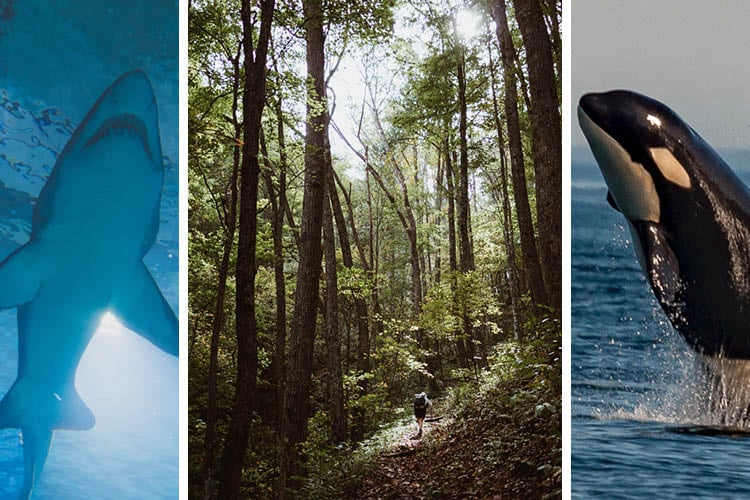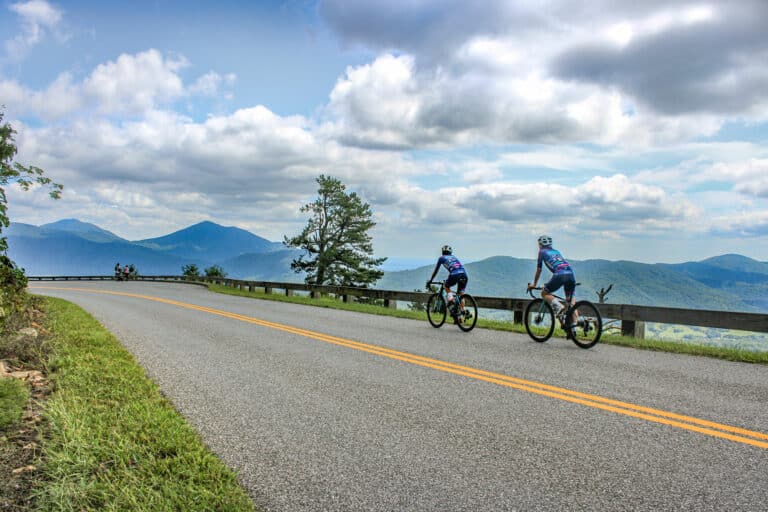U.S. Forest Service proposes fee changes in Pisgah and Nantahala National Forests
The U.S. Forest Service is proposing to change recreation fees at four areas in the Pisgah and Nantahala National Forests. Current fees have remained the same for over a decade and the goal of the fee change is to establish a consistent fee throughout all of North Carolina’s national forests and to pay to upgrade sites. Proposed fee changes include:
Swan Cabin increase from $25 to $50 per night
Tsali Mountain Bike and Equestrian Trail Complex increase from $2 to $5 per rider per day, and $15 to $30 for an annual pass.
Brown Mountain OHV Trail Complex and Wayehutta OHV Trail Complex increase from $5 to $15 per vehicle per day, and $30 to $60 for an annual pass.
The public comment period is open from April 22- May 31, 2019. Comments can be sent via email to [email protected].
Virginia regulators vote to enter the Regional Greenhouse Gas Initiative but face push-back from Republicans
A citizen board responsible for regulating air pollution in Virginia has voted to enter into an agreement with other states to reduce the carbon dioxide emissions released at the state’s power plants. The Regional Greenhouse Gas Initiative aims to reduce pollution from fossil fuel powered power plants by 30 percent over the next 10 years. State republicans oppose the idea and are attempting to block the move, calling it a tax that will hurt the state’s ability to attract new businesses. Earlier this year, Governor Northam vetoed GOP legislation that would have stopped Virginia from participating in the program without support from two-thirds of the general assembly.
New research shows that sharks have only one fear: the orca
A new paper published in the journal Nature Scientific Reports has found that when great white sharks encounter orcas they flee immediately and will swim great distances to get away, not returning to the same area until the following year. Orcas swim as fast as great white sharks—35 miles an hour—and hunt in groups. They have occasionally been observed eating great white sharks. Researchers tracked 165 sharks near the Farallon Islands off San Francisco. In the best-documented case, orcas from two separate pods arrived in an area where 17 great white sharks were hunting. When the orcas arrived the sharks took off, swimming as far as fifty miles away. Scientists say that while they don’t know for sure why the sharks bolted it could be because they feared for their lives, or because they were being bullied by the orcas.








